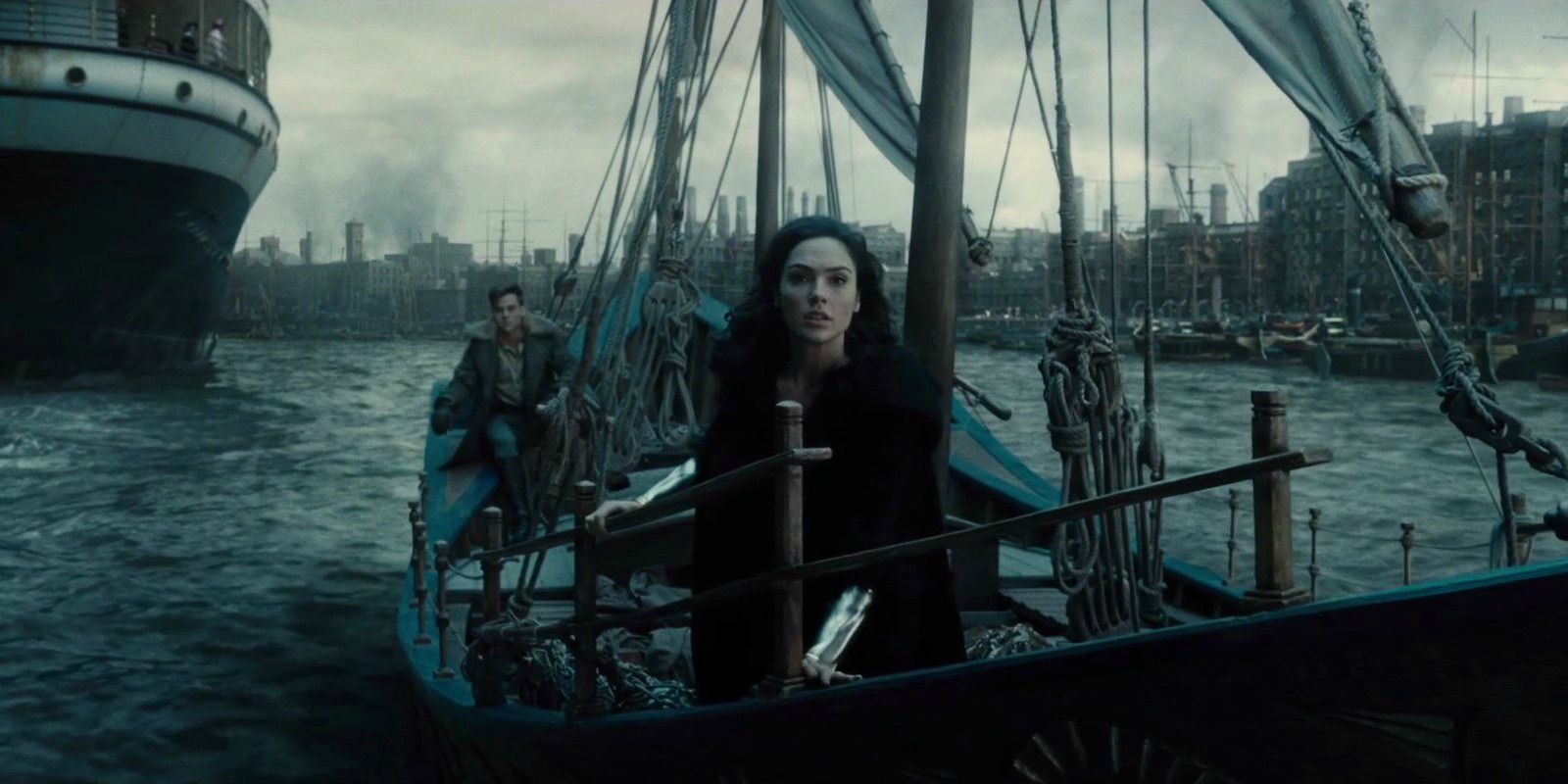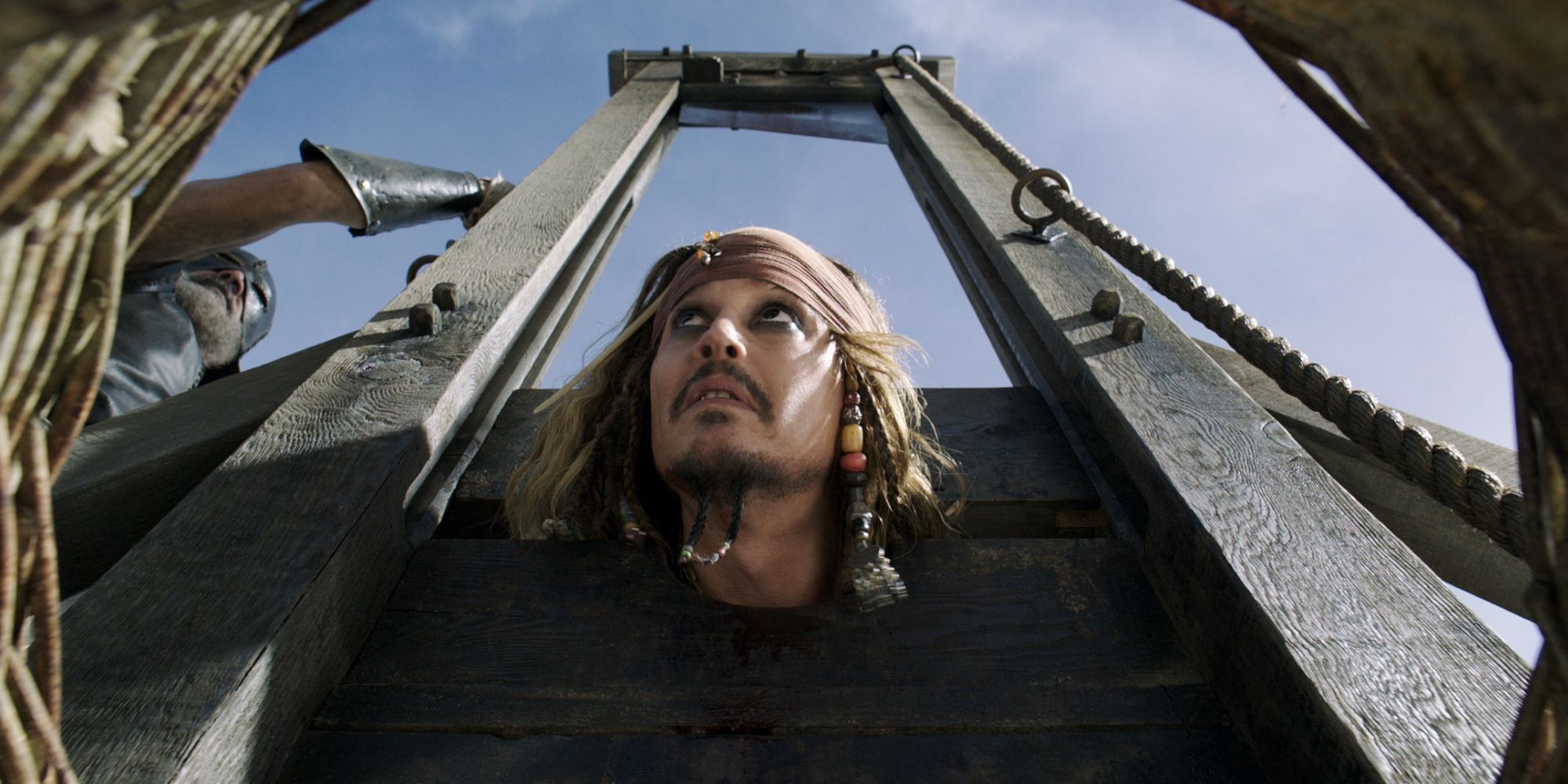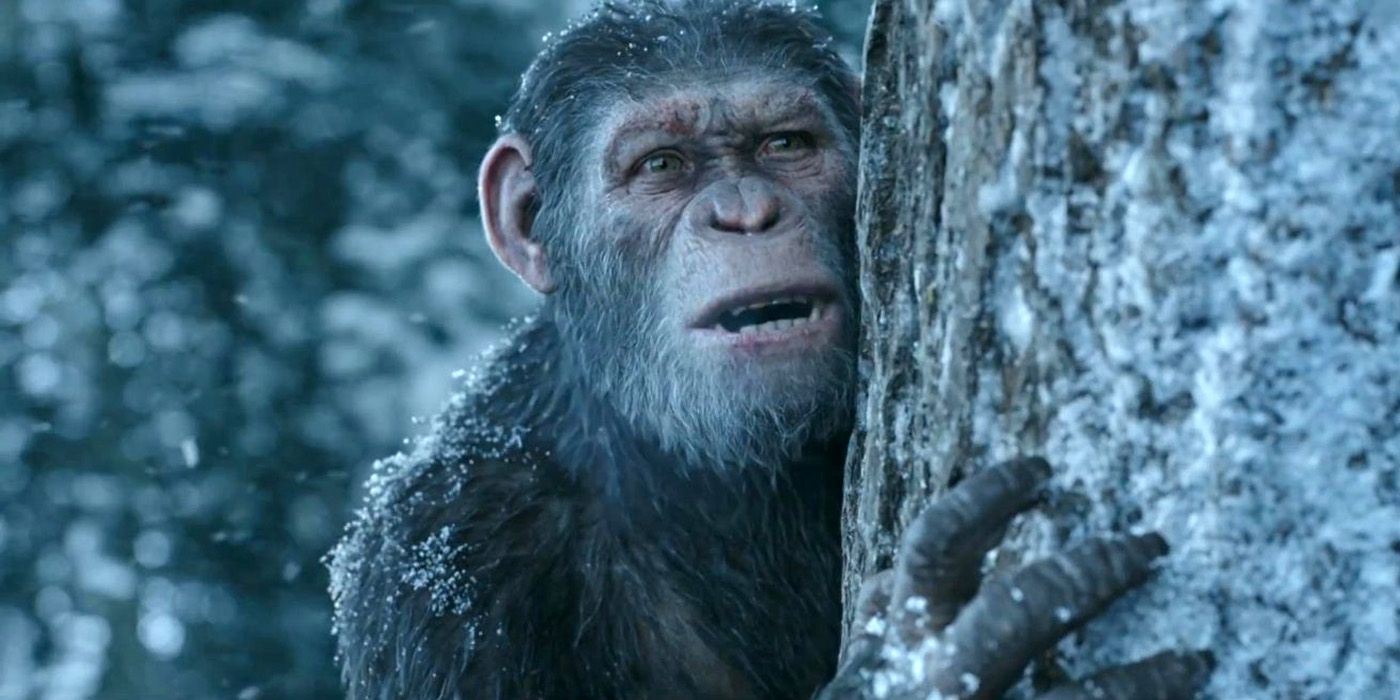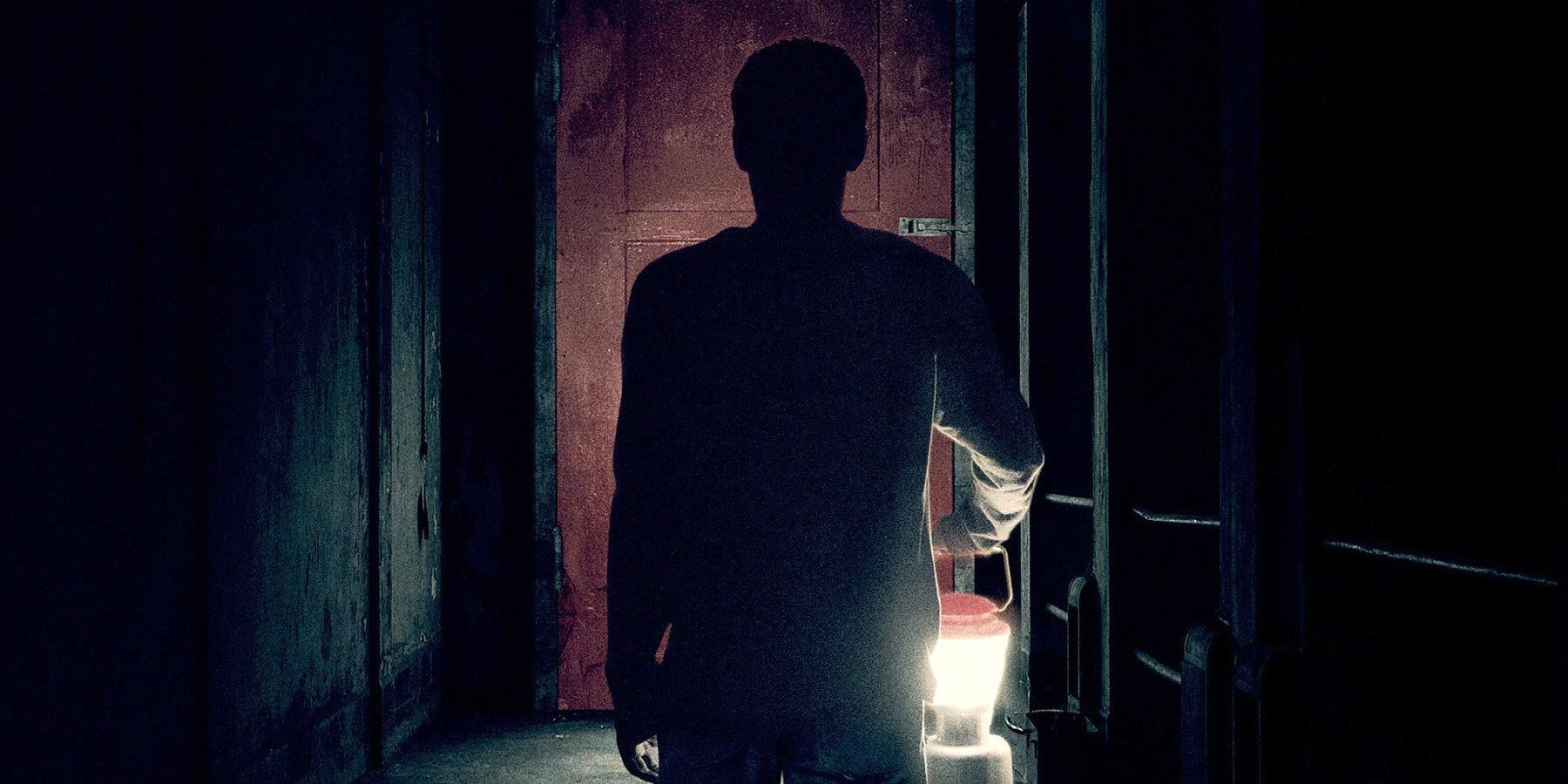This summer was a great time to be a movie enthusiast. Like every blockbuster season, it had its fair share of turkeys to tolerate, but by and large we were treated to a fascinating and diverse array of films. For every superhero offering that subverted genre expectations or created new icons, there was an indie treat waiting to be discovered. You could take in the spectacle of DC's long awaited Wonder Woman, then be gripped by the cinematic triumph of Christopher Nolan's Dunkirk, and still have time to check out a top notch rom-com like The Big Sick or a dazzling reimagining of the age-old heist tale like Edgar Wright's Baby Driver or Steven Soderbergh's return to cinema, Logan Lucky. In a season that offered unnerving horror It Comes At Night uproarious comedy Girls Trip and Southern gothic melodrama The Beguiled 2017 truly offered something for everyone.Things may have been great for moviegoers, but for the studios releasing these films and the movie theaters screening them, 2017 was a decidedly bleaker summer. Indeed, it was one of the most financially disappointing summers of the modern cinematic age. Both attendance and revenue were down, and the box office took a major hit as a result. In America, July's numbers were down 12.2% from the same month last year. By 18th August - generally considered the last big date for movies to open in the country - the month was stumbling at a whopping 34% behind August 2016. While the last weekend of the month is usually a write-off - no big new releases, historically lower attendances - this year still managed to make it the worst weekend at the box office in 16 years. The last time the box office suffered this much was the weekend following 9/11.All of this meant bad news for the major multiplexes. The share prices for both AMC Entertainment and Regal Entertainment took a real hit this season, with AMC alone seeing 35% shaved off their market value last month. This problem came to a climax of sorts last month with the announcement from MoviePass that they would be dropping their subscription price to $10 a month - something that AMC are trying to opt out of, due to what they deem unsustainable economics. This problem wasn't limited to America's box office. The ever-important market of the Chinese box office, something Hollywood has become increasingly reliant on, failed to elevate previously reliable blockbusters to the heights they'd become accustomed to. Take, for instance, Transformers: The Last Knight. The franchise's success has been heavily dependent on its popularity in China (hence the sheer amount of Chinese specific product placement in the most recent two films). Upon the release of the fourth film, Transformers: Age of Extinction, Chinese audiences propelled it to a total gross of $320m, making it the highest grossing film of all time in the country and helping its international box office profits soar past $1bn. By contrast, The Last Knight took in less than $230m in China, and its international numbers have stalled at just over $600m. That's nothing to sniff at, but for the Paramount it just wasn't enough.This summer was full of blockbusters that failed to meet expectations or flopped spectacularly. Every studio is on the hunt for that billion dollar gross, preferably tied to something they can spin into a multi-movie franchise, and we saw the mixed results that can create all summer. No matter how hard they try, Universal is still struggling to turn their iconic Monsters franchise into a sustainable shared universe, as the Tom Cruise starring action-adventure The Mummy failed to connect with audiences. International numbers did help push the film over $400m international gross, but that won't stop the studio from losing a projected $95m on the project.Warner Bros. faced a similar problem with Guy Ritchie's King Arthur: Legend of the Sword, a critically mauled fantasy action-drama that failed to make back its $175m budget and could lose the studio upwards of $150m. It also killed their dreams of a six-film Arthurian saga stone dead. Few blockbusters, however, sank as hard as Valerian and the City of a Thousand Planets. France's most expensive film ever, and one of the priciest indie productions on record, held no sway for American audiences unfamiliar with the comic series it was based on, and it debuted as a sluggish 5th place at the box office upon its release.
This problem wasn't limited to America's box office. The ever-important market of the Chinese box office, something Hollywood has become increasingly reliant on, failed to elevate previously reliable blockbusters to the heights they'd become accustomed to. Take, for instance, Transformers: The Last Knight. The franchise's success has been heavily dependent on its popularity in China (hence the sheer amount of Chinese specific product placement in the most recent two films). Upon the release of the fourth film, Transformers: Age of Extinction, Chinese audiences propelled it to a total gross of $320m, making it the highest grossing film of all time in the country and helping its international box office profits soar past $1bn. By contrast, The Last Knight took in less than $230m in China, and its international numbers have stalled at just over $600m. That's nothing to sniff at, but for the Paramount it just wasn't enough.This summer was full of blockbusters that failed to meet expectations or flopped spectacularly. Every studio is on the hunt for that billion dollar gross, preferably tied to something they can spin into a multi-movie franchise, and we saw the mixed results that can create all summer. No matter how hard they try, Universal is still struggling to turn their iconic Monsters franchise into a sustainable shared universe, as the Tom Cruise starring action-adventure The Mummy failed to connect with audiences. International numbers did help push the film over $400m international gross, but that won't stop the studio from losing a projected $95m on the project.Warner Bros. faced a similar problem with Guy Ritchie's King Arthur: Legend of the Sword, a critically mauled fantasy action-drama that failed to make back its $175m budget and could lose the studio upwards of $150m. It also killed their dreams of a six-film Arthurian saga stone dead. Few blockbusters, however, sank as hard as Valerian and the City of a Thousand Planets. France's most expensive film ever, and one of the priciest indie productions on record, held no sway for American audiences unfamiliar with the comic series it was based on, and it debuted as a sluggish 5th place at the box office upon its release.
It wasn't just the newbies that struggled to get a foothold in the box office this Summer. Expected hits from big name franchises fell short of expectations, even when the reviews and word of mouth were strong. War for the Planet of the Apes got some of the most rapturous acclaim of any blockbuster this summer but wasn't the hit 20th Century Fox hoped for, nor was Alien: Covenant, which was a modest hit but not the level a property of that popularity should be. Even Pirates of the Caribbean: Dead Men Tell No Tales, which still sits as the 7th highest grossing film of 2017, made less money in America than Boss Baby, and it remains to be seen if a film with a budget as gargantuan as this one can even truly make a profit.
Even with some undoubtedly great films on offer this summer, the movie industry had much to compete with. Audiences were less willing to pay for increased ticket prices, and mostly avoided IMAX screenings, with the exception of Dunkirk, which turned its use of IMAX into a proper event. With streaming services making a real impact in the movie world and prestige TV becoming a defining marker of modern pop culture, sometimes the multiplex just can't compete. Now more than ever, television has become cinematic in style and scope, so for many, staying home to watch Game of Thrones or Twin Peaks is a better option than shelling out $10 or more for whatever sequel is screening.
The summer season is usually considered a review-proof time, but this year critical opinion and word of mouth seemed to make a difference. It helped catapult both Baby Driver and Girls Trip past the $100m gross, and low budget indies like It Comes at Night and Ingrid Goes West did well thanks to positive reviews and audience enthusiasm. The bigger movies that made bank, from Wonder Woman to Guardians of the Galaxy Vol. 2, also benefited from those strong reviews. Generally speaking, most of the stuff that flopped this year simply wasn't very good, and no amount of publicity can hype up audiences to go see something like The Mummy if there's no true passion for it. As much as studios would like to shift the blame to review aggregate sites like Rotten Tomatoes, the problem is a little closer to home.
It remains to be seen if the film industry will learn any lessons from this abysmal Summer, or if the remainder of the year can help bolster those weak numbers. We still have the release of Thor: Ragnarok, Justice League, and Star Wars: The Last Jedi to look forward to, all on top of the extended awards season. Next week will see the release of the much-anticipated adaptation of Stephen King's IT, which looks set to excite audiences. There was a lot to celebrate this Summer if you were a film fan, but the industry itself will need to dig deeper to turn that goodwill into solid revenue.



